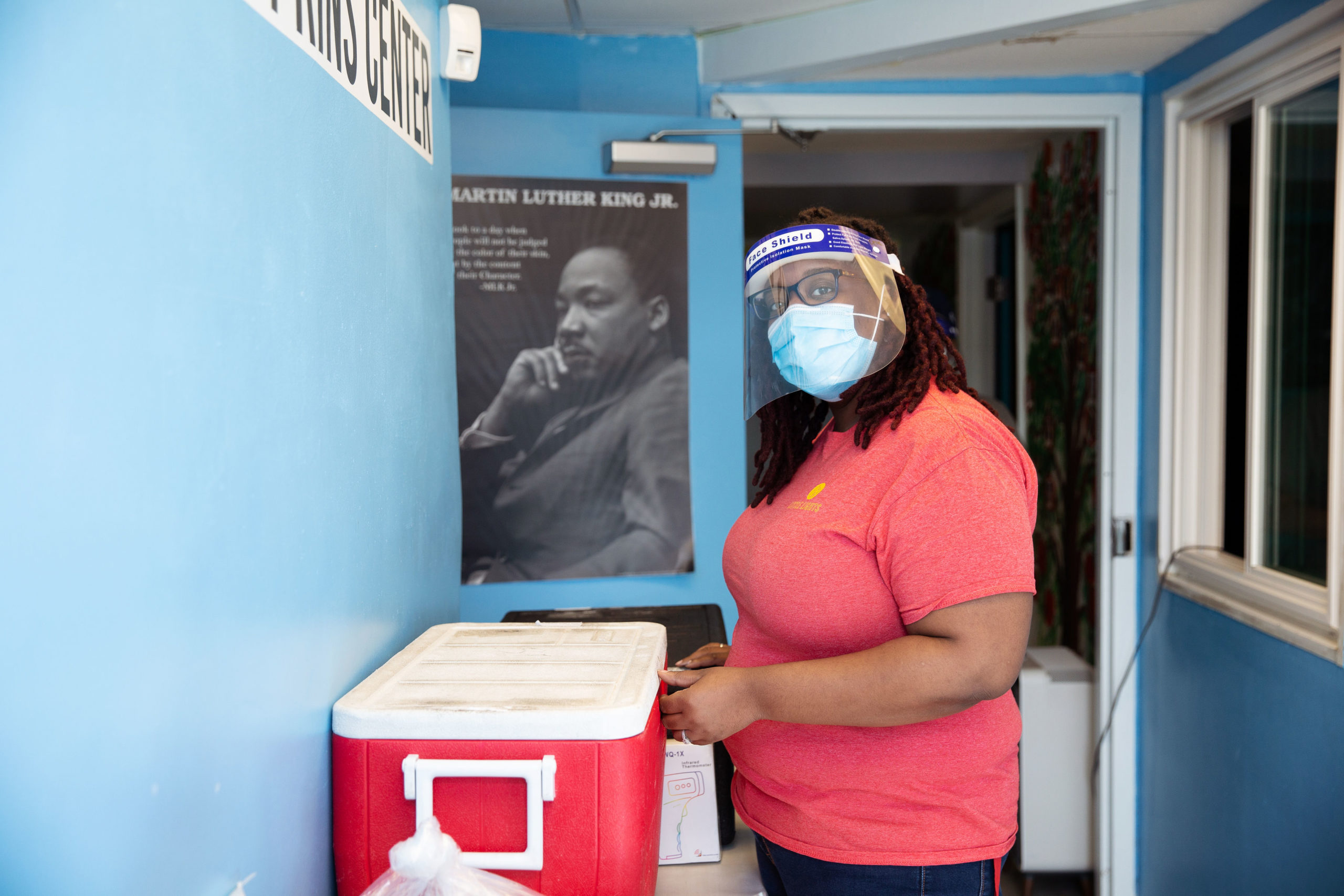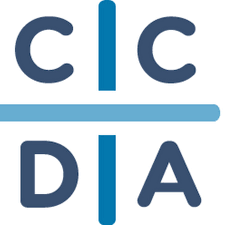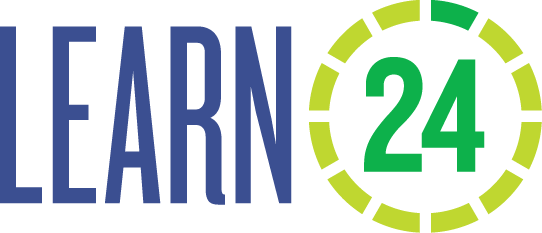Little Lights has recently added new staff members to our team to further our mission of serving under-resourced children, adults, and families in Washington, DC. Get to know more about them below!
David Lee
Grants & Development Coordinator
Hometown: Rockville, MD
Fun fact: I love sports, especially golf. One goal I have is to set up a golf scramble fundraiser for Little Lights.
Before working at Little Lights, what was the most unusual or interesting job you’ve ever had?
I used to be an information security consultant, but pivoted to a completely new career several years back. I developed a new product line of cold brew coffees for Ceremony Coffee Roasters. Coffee is more complex than most people realize, so it was amazing to be able to learn about coffee from inside the industry.
How does your faith connect to the work you’re doing at Little Lights?
My faith connected me to Little Lights at an early age. Steve is good friends with my old youth group pastor. I remember when he came and shared his testimony with my youth group over 20 years ago. His words and actions were especially impactful to me because he was serving our neighbors right in our backyard. It opened my eyes to the opportunities to serve God’s people without having to be a missionary to some far away country.
Mary Daniel Cheek
Volunteer & Development Coordinator
Hometown: Burlington, NC
Fun fact: I was the mascot for my high school – we were the bulldogs – and I showed off my school spirit at home football and basketball games.
How did you come to know about Little Lights? In learning about Little Lights, what part of its mission caused you to want to work there?
I learned about Little Lights through a volunteer opportunity with my church. What drew me to Little Lights was their dedication to being embedded in the communities where they serve. Little Lights knows and cares for their families deeply, and I wanted to be a part of that.
If you could change one thing in the world, what would it be and why?
If I could change one thing in the world, I would change access to education. One’s gender, social class, or network should not be a determining factor in whether or not they receive a quality education.





